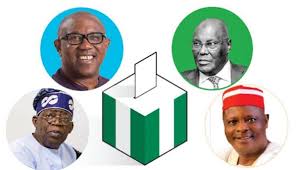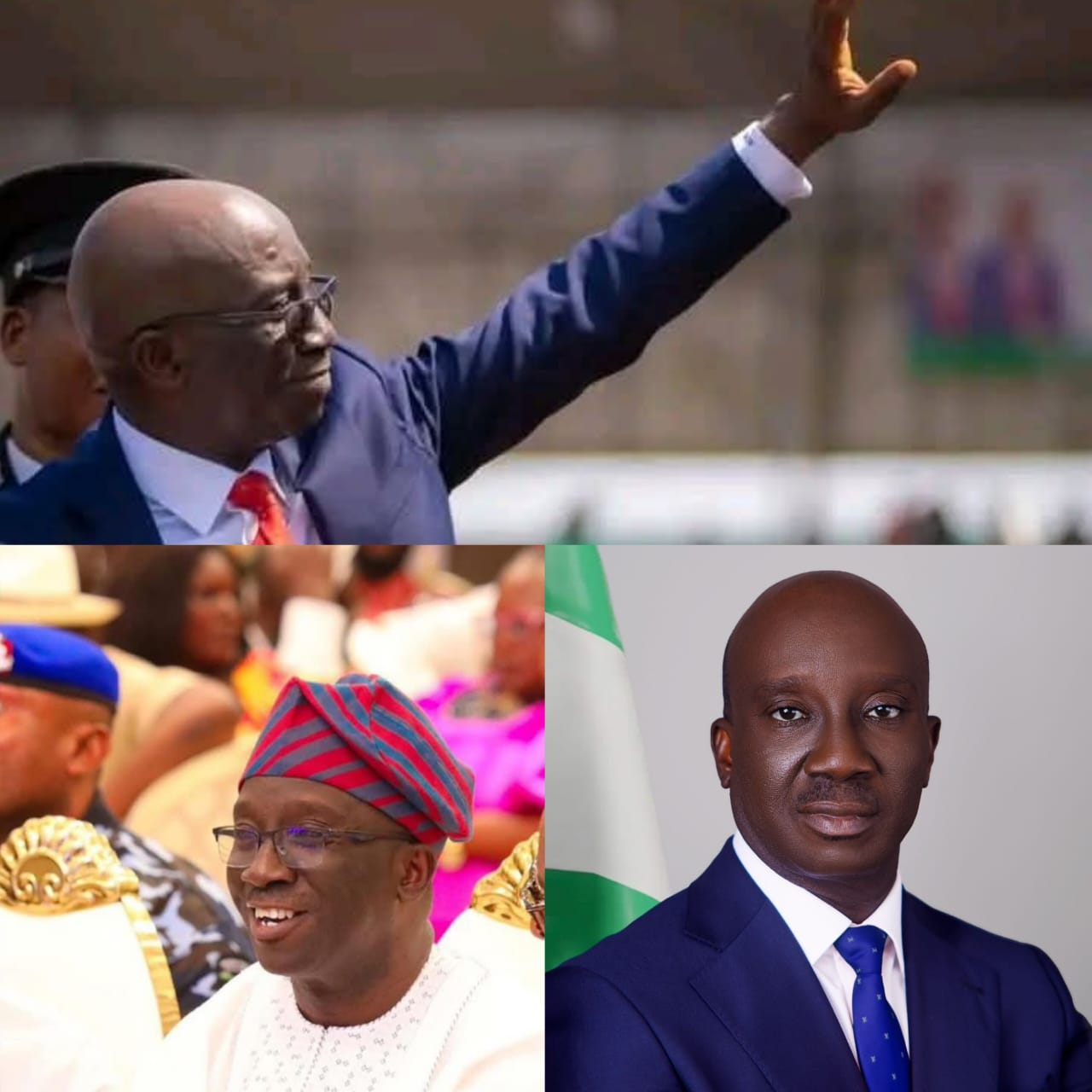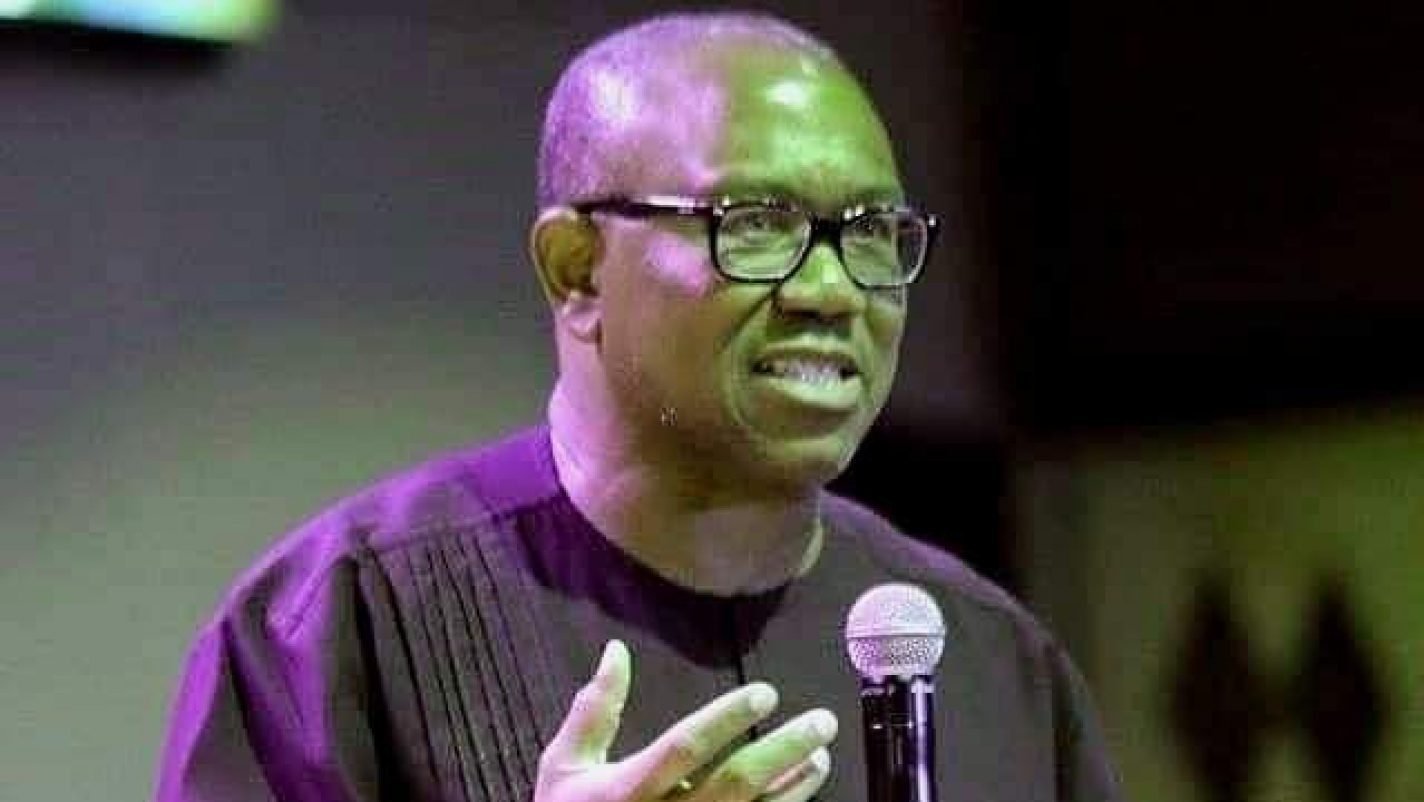By Ehichioya Ezomon*
The SMS below was received on February 8, 2023, in reaction to the first “Weekly Prediction” in the sixth instalment of the running 2023 countdown series. The message reads:
“Hi, your article of Mon. Feb 6, ’23 in the New Telegraph refers. The article is good, except for some of your postulations. APC cannot take Cross River, Rivers, nor PDP take Plateau, Bayelsa. These are States for LP. It’s not late yet, write in favour of LP.
“Is it correct for a Muslim to handover to a Muslim-Muslim, nor a Fulani man taking over by (from) a Fulani man? While (why) would a northerner handover to another northerner? Cheers!”
The last question first! Nigeria’s amended 1999 Constitution doesn’t forbid a Muslim-Muslim or Christian-Christian ticket, or a Muslim handing over to a Muslim, or a Fulani handing over to another Fulani or another ethnic person handing over to their kindred.
But due to the diverse nature of Nigeria, with hundreds of ethnic nationalities, the Constitution encourages power rotation between the North and South, to ensure a sense of belonging.
Accordingly, the political class attempts to enshrine power rotation in their constitutions, but which politicians observe more in the breach, such that led to a division in the Peoples Democratic Party in the 2023 election cycle.
It’s unethical and unprofessional for a Journalist – as an observer – to favour a party in forecasting outcomes of elections – in this case, the February 25 poll.
So, there’s no “writing (predicting) in favour” of the Labour Party in Cross River, Rivers, Plateau and Bayelsa if the facts don’t support the LP winning the states.
Factors determining winning probability are: Candidate’s experience, competence, capacity and capability to get the job done; party structures; voting pattern; the number of states parties control; representions at the legislatures; the political dynamics at national and state levels; ethnic, sectional and religious biases; the war chest; size of rallies as a sign of popularity and acceptability; and ability to unite the society.
Given these factors – and the political interplay across the country in the past one week – the LP may not clinch Cross River, Rivers, Plateau and Bayelsa.
The intra-party feuds in Cross River’s All Progressives Congress have been resolved, allowing a united front for a massive rally for the Tinubu-Shettima ticket in Calabar, and more mop-up rallies for consolidation led by Governor Ben Ayade and APC’s National Women Leader, Dr Betta Edu.
In Rivers, Governor Nyesom Wike’s backing for the APC Tinubu-Shettima ticket may’ve left the realm of speculations, as giant posters of Tinubu and Shettima adorn strategic places in Port Harcourt, even as Wike’s granted the APC rent-free venue for its rally.
The combined camp of former Governor and Transportation Minister, Rotimi Amaechi and the minority faction of the APC; Wike’s majority camp of the PDP; and Governorship Candidate Magnus Abe of the Social Democratic Party and the party members will give victory to the APC in Rivers.
Plateau State hasn’t been an easy shoo-in for the APC since 2015. Though Governor Simon Lalong is the director-general of the APC Campaign Council, the PDP may cash-in on the incursion of the LP eating into the APC strongholds to hold the day on February 25.
With no noticeable division in the Bayelsa PDP under Governor Douye Diri, the joint ticket of former Vice President Atiku Abubakar and Delta State Governor Ifeanyi Okowa is good to go, save the APC being able to replicate its strong showing to secure its court-aborted governorship seat in 2019.
So, the LP – parading former Anambra Governor Peter Obi and former Senator Yusuf Datti Baba-Ahmed – hasn’t the ground game to swing Cross River, Rivers, Plateau and Bayelsa to its column.
No major changes in the past week to alter the states locked down by the leading parties. But the APC and PDP have consolidated and/or expanded their coasts.
Besides receiving 25% in about 33/34 states and the FCT, the Tinubu-Shettima ticket can add Jigawa and Katsina to 16 states it’s projected to win as at last week, bringing the number to 18.
They include: Borno, Cross River, Ekiti, Gombe, Jigawa, Kaduna, Katsina, Kogi, Kwara, Lagos, Nasarawa, Ogun, Ondo, Osun, Rivers, Sokoko, Yobe and Zamfara. The APC can also pick any of Bauchi, Edo, Kano, Kebbi, Oyo and the FCT.
Despite Benue Governor Samuel Ortom’s adoption of the Obi-Datti ticket, the state may slip from the LP owing to the marathon rallies the Atiku-Okowa campaign held in Makurdi, Gboko and Oturpo on February 8, and the fact that Ortom remains a PDP member vying for a senatorial seat, and thus can’t wholeheartedly campaign for LP.
From this scenario – coupled with court resolution of the legal tangle around the APC governorship candidate, Revd Fr Hyacinth Alia – the Benue presidential votes are up for grabs between PDP and LP.
With a gain of 25% in all 36 states and the FCT, the Atiku-Okowa ticket may add Benue to the six states it can win, to include Adamawa, Akwa Ibom, Bayelsa, Benue, Delta, Plateau and Taraba.
Yet, the ticket may’ve lost Jigawa and Katsina as possible picks, leaving five states of Bauchi, Edo, Kano, Kebbi and Oyo and the FCT.
The Obi-Datti ticket still has 25% in 10 states, but its straight win in Benue has waned, leaving Abia, Anambra, Ebonyi, Enugu and Imo.
Contrarily, the Obi-Datti chances of winning the FCT have increased, aftermath of the huge audience that graced its rally on February 9.
The outlook for former Kano Governor Rabiu Musa Kwankwaso and Bishop Isaac Idahosa winning Kano is under threats from the APC and PDP, even as the ticket can secure 25% in four or five states.
Barring any political earthquake or a February surprise, this prediction stands till February 20, when the final projection will be made for the February 25 presidential poll.
Mr Ezomon, Journalist andp Media Consultant, writes from Lagos, Nigeria




